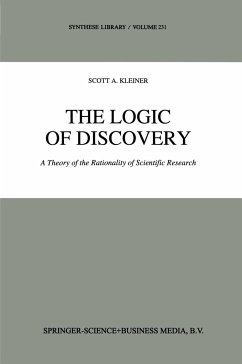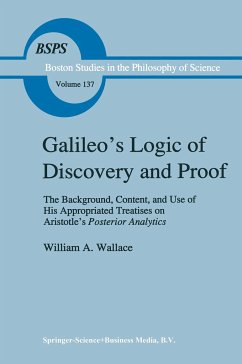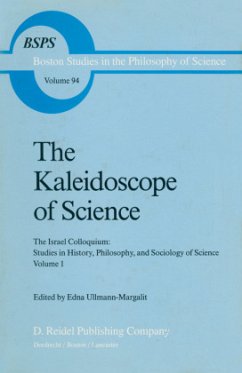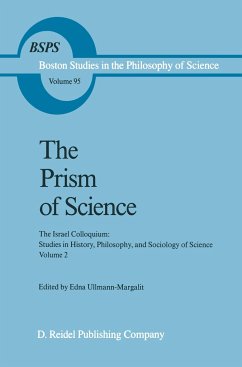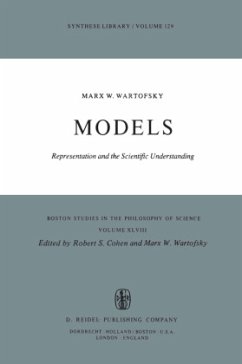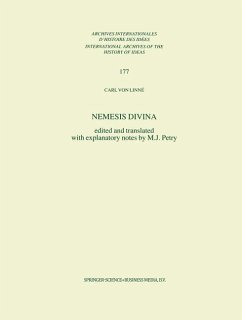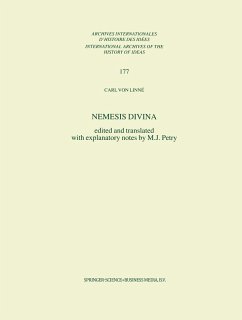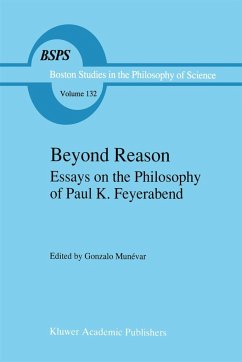
Zygmunt Zawirski: His Life and Work
With Selected Writings on Time, Logic & the Methodology of Science
Herausgegeben: Szumilewicz-Lachman, I.; Cohen, Robert S.;Übersetzung: Lachman, Feliks
Versandkostenfrei!
Versandfertig in 6-10 Tagen
61,99 €
inkl. MwSt.

PAYBACK Punkte
31 °P sammeln!
Zygmunt Zawirski (1882--1948) -- one of the most eminent and original Polish philosophers -- belonged to the Lwow--Warsaw School (LWS) which left an indelible trace in logic, semiotics and philosophy of science. LSW was founded in 1895 by K. Twardowski, a disciple of Brentano, in the spirit of clarity, realism and analytic philosophy. LWS was more than 25 years older than the Vienna Circle (VC). This belies, inter alia, the not infrequently repeated statement that LWS was one of the many centers initiated by VC. The achievements of LWS in logic are well recognized, while those relating to phil...
Zygmunt Zawirski (1882--1948) -- one of the most eminent and original Polish philosophers -- belonged to the Lwow--Warsaw School (LWS) which left an indelible trace in logic, semiotics and philosophy of science. LSW was founded in 1895 by K. Twardowski, a disciple of Brentano, in the spirit of clarity, realism and analytic philosophy. LWS was more than 25 years older than the Vienna Circle (VC). This belies, inter alia, the not infrequently repeated statement that LWS was one of the many centers initiated by VC. The achievements of LWS in logic are well recognized, while those relating to philosophy of science are almost unknown. It is in order to fill this gap that some fragments of Zawirski's papers are presented, dealing mainly with causality, determinism, indeterminism and philosophical implications of relativity and quantum mechanics. His magnum opus `L'Evolution de la notion du temps' (Eugenio Rignano Prize, 1933) is devoted to time. It is one of the best books written on this subject, and by no means an obsolescent one. Zawirski took into account all the issues which are at present widely discussed. The real value of these achievements can be understood better today than by his contemporaries.
For all those interested in philosophy of science and philosophy, and history of ideas.
For all those interested in philosophy of science and philosophy, and history of ideas.



